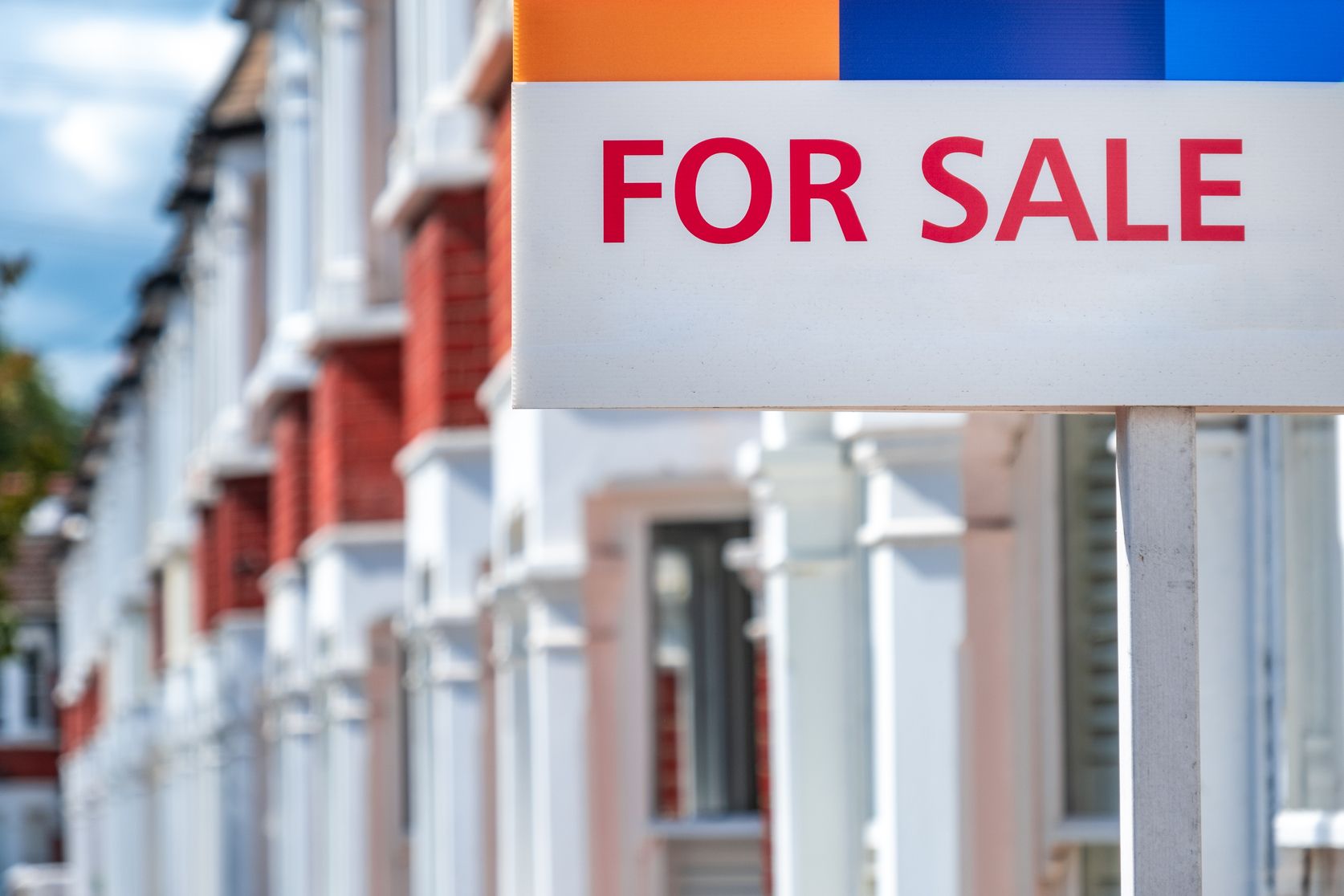
Despite house prices rising over the past couple of years, making it harder for some people to buy a house, there are multiple schemes to lessen the burden. The government’s Help to Buy scheme was available to first-time buyers until October 2022. When the scheme ended, first-time buyers could access other means of support, such as the government’s Shared Ownership scheme or First Homes scheme. However, trends show that house prices are now beginning to and will continue to fall.
Deciding whether now is the best time to buy a house or if you should wait can be very tricky, especially when each person’s situation is completely different. It’s also very hard to predict what may happen to mortgage and interest rates, so the big question is: should you hold off or bite the bullet?
Halifax’s UK housing market review and outlook for 2023 shows that house prices fell by 2.3% in November. The fall is the most significant drop since October 2008 and is the third consecutive fall in house prices. Meanwhile, the Office for Budget Responsibility (OBR) predicted prices could drop 9% by 2024 before rising again in 2025. The decline in house prices is mainly due to the cost of living crisis and increasing mortgage rates, causing households to tighten their finances. When interest and mortgage rates are high, there is less demand, so house prices are lower.
According to Nationwide, the average property price in November 2022 was £262,788, which is 9.1 times the average person’s salary, whereas, in 1997, properties cost just 3.5 times the average person’s earnings.
When buying a house, you need to consider your situation and reasons for buying to determine the best decision. Whether you plan to buy as an investment or as a short-term project can all depend on when is the best time to buy a house. For example, if you buy a home as a short-term project with plans to sell in the near future, you could face the risk of a dramatic drop in house prices in the next couple of years which could wipe out the value of your deposit and leave you in negative equity. Although, putting down a large deposit will lessen your chances of negative equity.
However, if you’re planning to buy a house as a long-term investment and stay there for many years, you will more than likely ride out the wave of the potentially declining house market and not face the risk of negative equity. Regardless of what you think you might want to do, plans and circumstances can quickly change, so it is tough to plan far into the future.
After two and five-year fixed mortgage rates peaked at 6.65% following the Kwarteng-Truss mini-budget, at the beginning of 2023, a two-year fixed mortgage rate was hovering around 6% and a five-year fixed mortgage rate around 5.78%. So, while the figures have dropped, they are still considered high compared to pre-pandemic rates. Again, this is all to do with the cost-of-living crisis and inflation rate.
The Bank of England continued to increase the base rate to 4.00% to control the rising inflation, despite it already being at the highest level since 2008. So even though house prices are lower, the rising mortgage rates could cancel out any savings.
Since the end of the Help to Buy scheme, first-time buyers have been looking for Help to Buy alternatives, one of which is a 95% mortgage. However, you may need to consider a smaller deposit, and a larger mortgage means you’ll pay back more each month due to the current high-interest rates. Despite this, the multiple lockdowns mean some people may have found themselves with unexpected savings and can afford a larger deposit or slightly larger monthly mortgage payments.
Whether you are a first-time buyer or not, it’s crucial to consider your personal situation and finances to choose the best mortgage for you and your affordability. You can read more about the different types of mortgages here.
Typically, March is a good time to buy a house, as conveyancers advise most people to put their homes on the market after the winter slump. Spring is also a good time to buy, as the housing market tends to boom, so you’re more likely to get a deal. The housing market tends to slow down during the summer months, especially in August when people go on summer holidays. The market then tends to pick up again in September and October before coming to another halt in winter. The downside to buying when fewer properties are available is that it may cost you more to beat other buyers trying to find a property.
If you’d like to discuss this topic more and explore your options with an expert, don’t hesitate to get in touch or get a free quote.

© 2024 Muve UK. All Rights Reserved.